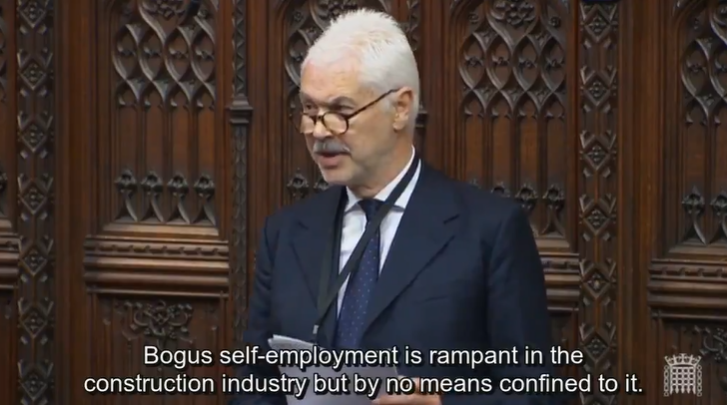Lord John Hendy KC
Lord Hendy KC is Chair of the Institute of Employment Rights. He is a barrister specialising in industrial relations law, based in Old Square Chambers, London. He is President of the International Centre for Trade Union Rights (ICTUR) and a Vice President of the Campaign for Trade Union Freedom.






